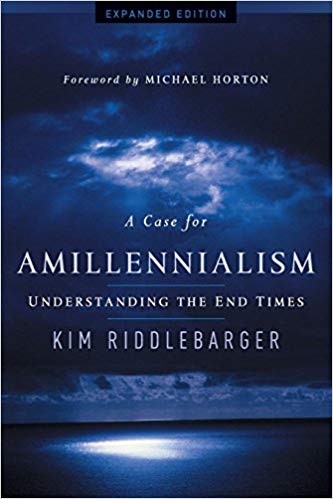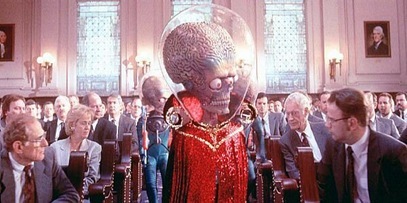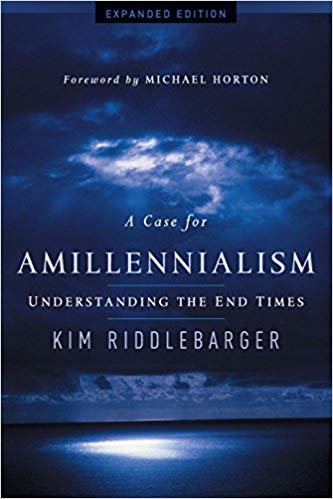But Then Again . . . You May Be the Antichrist.
 Thursday, March 25, 2010 at 02:29PM
Thursday, March 25, 2010 at 02:29PM  Given the genuine angst that many Christians feel after the recent passage of Obamacare, a number of people have actually written or asked me whether or not I think Barack Obama might be the Antichrist.
Given the genuine angst that many Christians feel after the recent passage of Obamacare, a number of people have actually written or asked me whether or not I think Barack Obama might be the Antichrist.
Having written a book on the subject, I guess people feel like I might be able to confirm their suspicions. Sorry, I cannot. Barring some completely unforeseen prophetic development (and I mean really unforeseen!), Barack Obama is not the Antichrist.
This worry is not limited to Bible prophecy devotees as, apparently, a number of Republicans who oppose the recent healthcare bill have had the same concerns (25% of Republicans fear that Obama might be the Antichrist).
Although someone made a facetious "Barack of Sin" cover for my book (the same person made one with me on the cover as well-so don't get too upset), the biblical evidence points us in a very different direction.
The only time the term "antichrist" is used in the Bible (in John's Epistles) it refers to heretics who deny that Jesus is God in the flesh (1 John 2:18-22; 4:3; 2 John 1:7).
When Paul speaks of the "man of sin" he's referring to someone in the church ("the temple of God") who opposes God and proclaims himself to be God (cf. 2 Thessalonians 2:1-12).
In the Book of Revelation (chapter 13), the dragon (Satan), the beast (the Roman Empire) and the false prophet (the imperial cult) oppress the people of God, persecuting them and preventing them from buying and selling unless Christians deny Christ and confess the deity of the current Roman emperor. This image is given us as a warning of those empires which will arise throughout the course of this age, bent on opposing the kingdom of Christ, only to be thwarted by the preaching of the gospel and the providence of God until the time of the end.
I set out the biblical data for this in my book--you can read about it here: (My book on the doctrine of Antichrist)
All of that is to say, "No, Barack Obama is not the Antichrist." Look, I don't like the guy either. I don't trust him as far as I can see him. I fear he's a Marxist (in terms of his view of history and economics). There can be no doubt whatsoever that he is a statist and has little regard for the unborn. He's also a bare-knuckled Chicago hack politician. But he was duly elected, and like it or not he is our president. If we disagree with his policies, we have an appropriate remedy--the ballot box.
"Pin the tail on the Antichrist" has long been a Christian parlor game. If you don't like someone and fear their power, it is easy to demonize them. Throughout the history of the church, Christians have called their enemies (perceived and otherwise) "antichrists."
Barack Obama is not the Antichrist. But Nancy Pelosi on the other hand . . .











